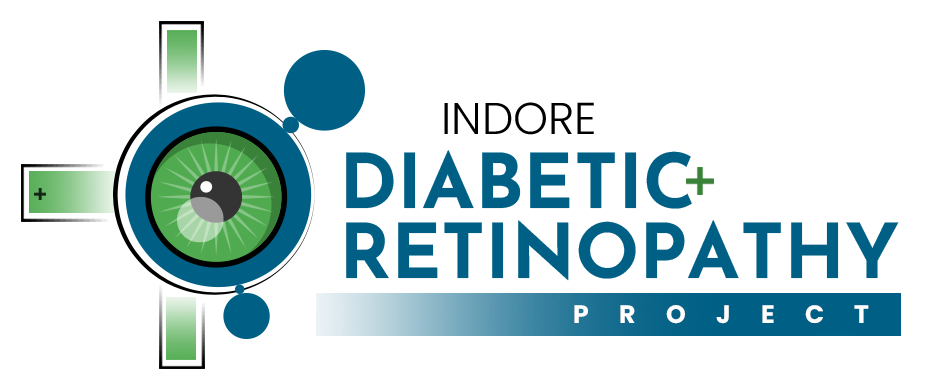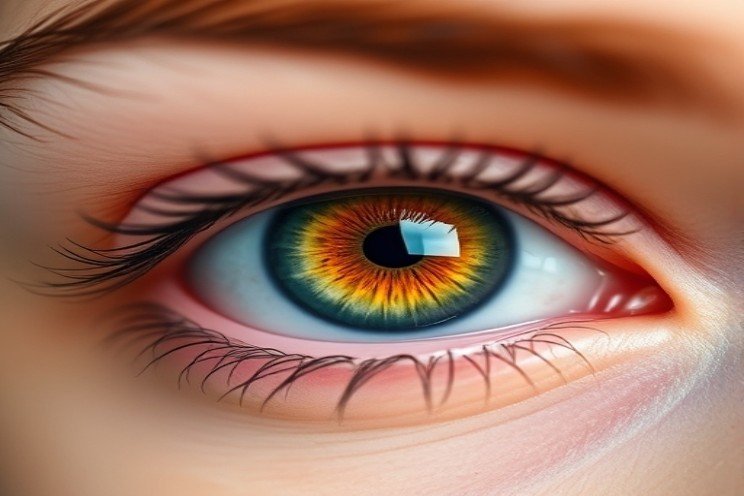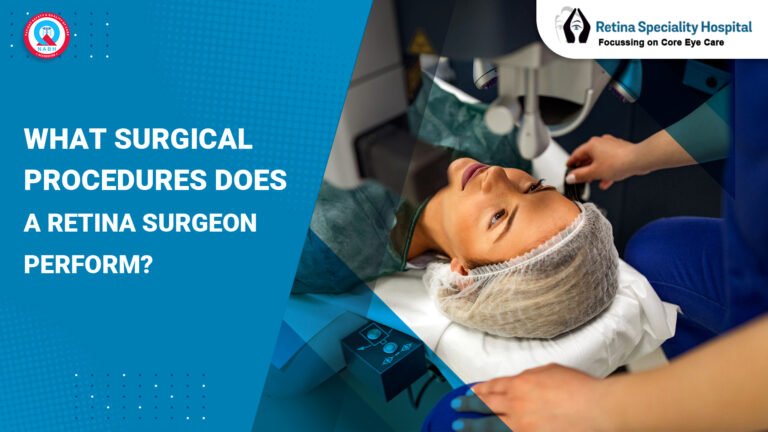Are your eyes feeling strained, dry, or tired? In today’s digital age, our eyes are under constant stress from screens, artificial lighting, and environmental factors. But fear not! Your vision doesn’t have to suffer.
Maintaining healthy eyes is crucial for overall well-being, yet it’s often overlooked in our daily routines. From protecting against harmful UV rays to nourishing your eyes with the right nutrients, there are simple steps you can take to safeguard your precious sight.
In this blog post, we’ll explore five essential eye health tips that everyone should know. Whether you’re a student, office worker, or outdoor enthusiast, these tips will help you preserve your vision and keep your eyes feeling fresh and comfortable. Let’s dive in and discover how you can give your eyes the care they deserve!
Protect Your Eyes from Harmful UV Rays
Protecting your eyes from harmful UV rays is crucial for maintaining good eye health. Here are three effective ways to shield your eyes from the sun’s damaging effects:
Choose the right sunglasses
Selecting the appropriate sunglasses is essential for optimal eye protection. Look for the following features:
- 100% UV protection (both UVA and UVB)
- Large lenses that cover the entire eye area
- Wraparound styles for additional side protection
| Lens Color | Benefits |
|---|---|
| Gray | Reduces overall brightness without color distortion |
| Brown | Enhances contrast and depth perception |
| Green | Improves color contrast and reduces glare |
Wear a wide-brimmed hat
In addition to sunglasses, a wide-brimmed hat provides extra protection for your eyes and the delicate skin around them. Consider these options:
- Sun hats with 3-inch brims or wider
- Baseball caps with UV-protective fabric
- Bucket hats for all-around coverage
Use UV-blocking contact lenses
For contact lens wearers, UV-blocking lenses offer an additional layer of protection. However, it’s important to note that:
- UV-blocking contacts should not replace sunglasses
- They protect the cornea and internal structures of the eye
- Not all contact lenses offer UV protection, so check with your eye care specialist
By implementing these protective measures, you can significantly reduce your risk of UV-related eye damage and maintain healthy vision. Next, we’ll explore how maintaining a healthy diet can further support your eye health.
Maintain a Healthy Diet for Better Vision
A balanced diet plays a crucial role in maintaining optimal eye health. By incorporating specific nutrients into your meals, you can significantly improve your vision and protect your eyes from various disorders.
Eat foods rich in omega-3 fatty acids
Omega-3 fatty acids are essential for eye health, particularly in preventing dry eye syndrome and maintaining retinal function. Include these sources in your diet:
- Flaxseeds
- Chia seeds
- Walnuts
Increase intake of vitamins A, C, and E
These vitamins act as powerful antioxidants, protecting your eyes from damage caused by free radicals.
| Vitamin | Food Sources |
|---|---|
| A | Carrots, sweet potatoes, spinach |
| C | Citrus fruits, berries, bell peppers |
| E | Almonds, sunflower seeds, avocados |
Consume leafy greens and colorful fruits
Leafy greens and vibrant fruits are rich in lutein and zeaxanthin, which help prevent age-related macular degeneration and cataracts.
- Kale
- Spinach
- Collard greens
- Oranges
- Corn
- Squash
Stay hydrated for optimal eye health
Proper hydration is essential for maintaining the natural moisture in your eyes and preventing dry eye symptoms. Aim to drink at least 8 glasses of water daily.
Now that we’ve covered the importance of a healthy diet for better vision, let’s explore some good eye care habits that can further protect your eyesight.
Practice Good Eye Care Habits
Good eye care habits are essential for maintaining optimal eye health and preventing various eye-related issues. By incorporating these practices into your daily routine, you can significantly improve your overall eye wellness.
Follow the 20-20-20 rule for digital eye strain
In today’s digital age, many of us spend hours staring at screens, which can lead to eye strain and fatigue. The 20-20-20 rule is a simple yet effective technique to reduce digital eye strain:
- Every 20 minutes
- Look at something 20 feet away
- For at least 20 seconds
This practice helps relax your eye muscles and reduces the risk of developing computer vision syndrome.
Avoid rubbing your eyes
While it may be tempting to rub your eyes when they feel irritated, this habit can cause more harm than good. Here’s why you should avoid rubbing your eyes:
| Reasons to Avoid Eye Rubbing | Potential Consequences |
|---|---|
| Introduces bacteria | Eye infections |
| Damages delicate eye tissue | Corneal scratches |
| Increases eye pressure | Risk of glaucoma |
Remove eye makeup before bed
Properly removing eye makeup before going to sleep is crucial for maintaining eye health. Follow these steps:
- Use a gentle, oil-based makeup remover
- Apply with a soft cotton pad or cloth
- Gently wipe away makeup without rubbing
- Rinse thoroughly with lukewarm water
Get sufficient sleep for eye rejuvenation
Adequate sleep is vital for eye health and overall well-being. During sleep, your eyes:
- Replenish essential nutrients
- Clear out irritants and debris
- Rest and recover from daily strain
Aim for 7-9 hours of quality sleep each night to ensure proper eye rejuvenation.
By incorporating these good eye care habits into your daily routine, you can significantly improve your eye health and reduce the risk of various eye-related issues. Next, we’ll explore the importance of scheduling regular eye exams to maintain optimal vision and detect potential problems early.
Schedule Regular Eye Exams
Regular eye exams are crucial for maintaining optimal eye health and preventing vision problems. Here’s why you should prioritize these check-ups:
Detect Vision Problems Early
Early detection of vision issues can prevent them from worsening and impacting your daily life. Regular exams can identify:
- Refractive errors (nearsightedness, farsightedness, astigmatism)
- Eye muscle imbalances
- Color vision deficiencies
Update Prescription for Glasses or Contacts
Your vision can change over time, and outdated prescriptions can lead to:
- Eye strain
- Headaches
- Difficulty focusing
A regular eye exam ensures your corrective lenses are always up-to-date.
Screen for Eye Diseases
Eye exams can detect early signs of serious conditions, including:
| Eye Disease | Early Symptoms |
|---|---|
| Glaucoma | Often no symptoms |
| Cataracts | Cloudy vision |
| Macular Degeneration | Central vision distortion |
| Diabetic Retinopathy | Blurry vision |
Discuss Family History of Eye Conditions
Your eye doctor can provide personalized advice based on your genetic predisposition to certain eye conditions. This may include:
- More frequent screenings
- Lifestyle recommendations
- Preventive treatments
By scheduling regular eye exams with a reputable eye hospital in Indore, you’re taking a proactive approach to your eye health. These check-ups not only ensure clear vision but also contribute to your overall well-being. In the next section, we’ll explore how to protect your eyes during various activities.
Protect Your Eyes During Activities
Protecting your eyes during various activities is crucial for maintaining good eye health. Here are some essential tips to keep your eyes safe:
A. Wear safety goggles for sports and DIY projects
Safety goggles are a must-have for any sports or DIY enthusiast. They provide a protective barrier against potential eye injuries caused by flying debris, chemicals, or impact. Whether you’re playing squash, woodworking, or doing home renovations, always wear appropriate eye protection.
B. Use swim goggles in pools
Chlorine and other chemicals in swimming pools can irritate your eyes and cause discomfort. Wearing swim goggles not only protects your eyes from these irritants but also improves underwater visibility, enhancing your swimming experience.
C. Avoid smoking and secondhand smoke
Smoking and exposure to secondhand smoke can significantly increase the risk of eye diseases such as cataracts and age-related macular degeneration. Quitting smoking or avoiding smoky environments can help protect your vision in the long run.
D. Take breaks during prolonged screen time
In today’s digital age, prolonged screen time is inevitable. However, it’s essential to give your eyes regular breaks to prevent eye strain and discomfort. Follow the 20-20-20 rule:
| Rule | Description |
|---|---|
| 20 minutes | Look at your screen |
| 20 seconds | Look at something 20 feet away |
| 20 times | Repeat this cycle throughout your workday |
By implementing these protective measures during various activities, you can significantly reduce the risk of eye injuries and maintain optimal eye health. Remember, your eyes are irreplaceable, so it’s crucial to prioritize their safety in everything you do.
Taking care of your eyes is crucial for maintaining good vision and overall eye health. By following simple yet effective practices, you can protect your eyesight and prevent potential issues. Protecting your eyes from harmful UV rays, maintaining a healthy diet rich in eye-friendly nutrients, and practicing good eye care habits are essential steps. Regular eye exams and protecting your eyes during various activities further contribute to long-term eye health.
Remember, your eyes are invaluable, and investing in their care today can lead to better vision and eye health in the future. By incorporating these tips into your daily routine, you can ensure that your eyes remain healthy and continue to serve you well for years to come. Start implementing these eye health practices today and enjoy the benefits of clear, comfortable vision throughout your life.












